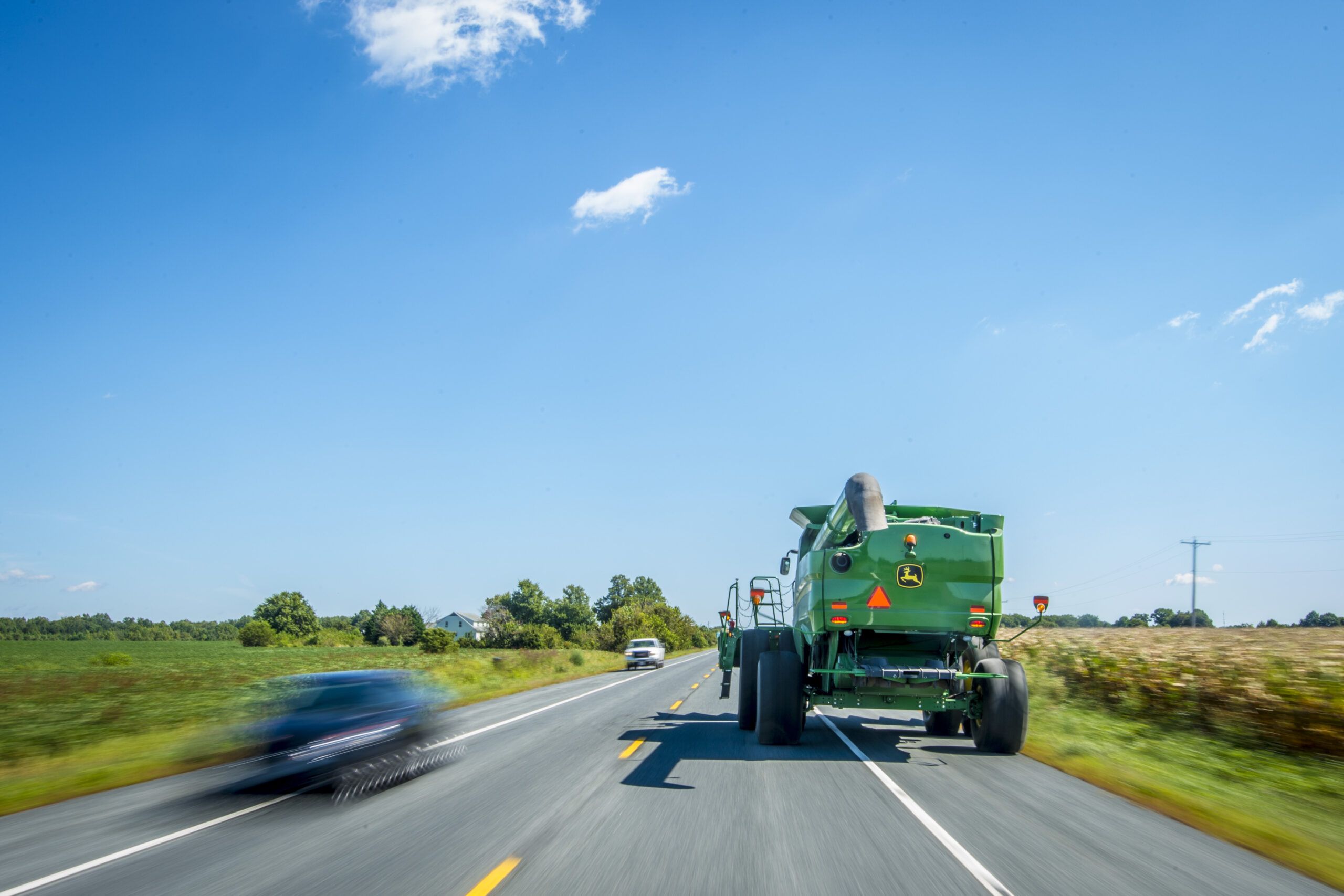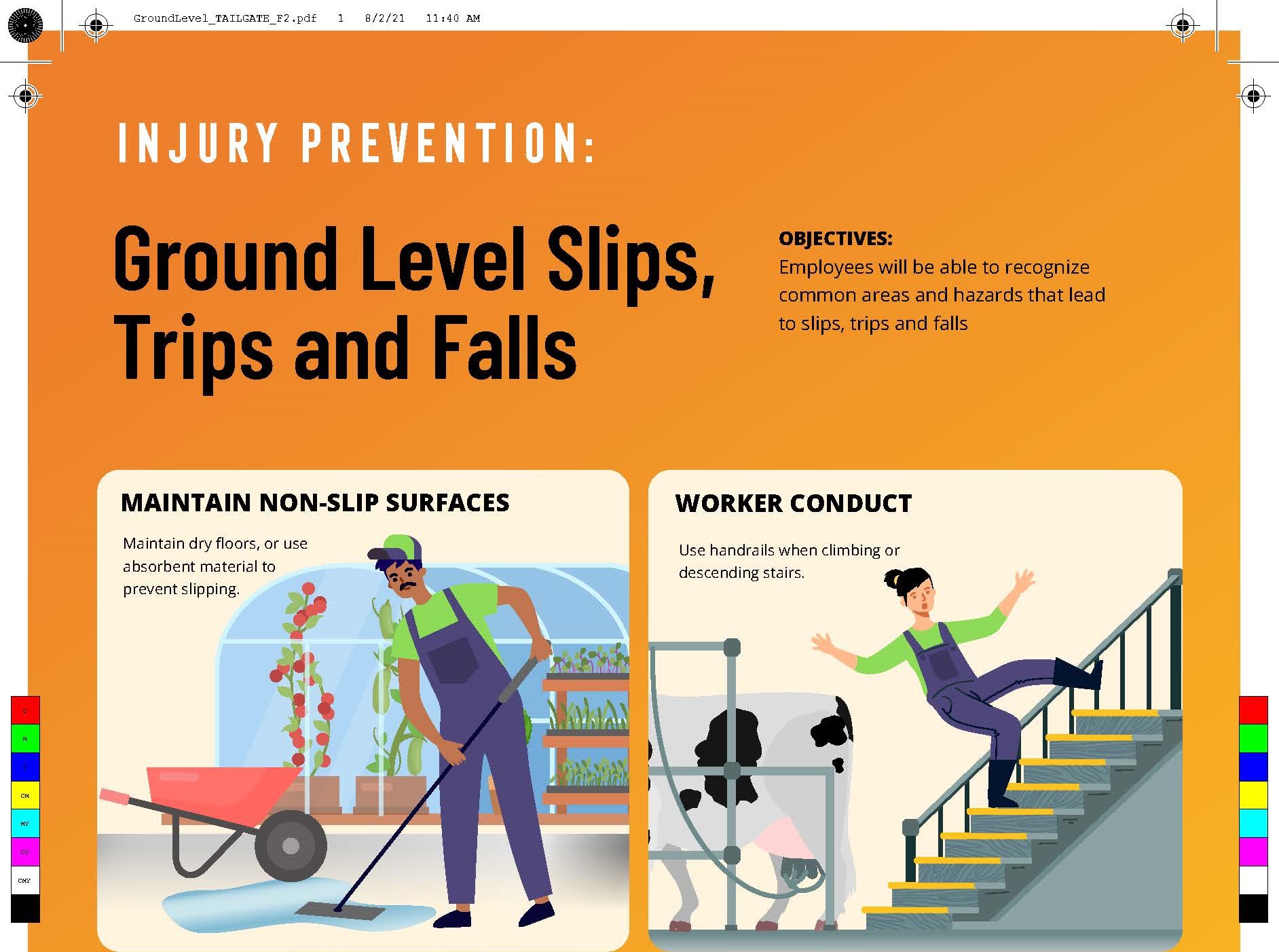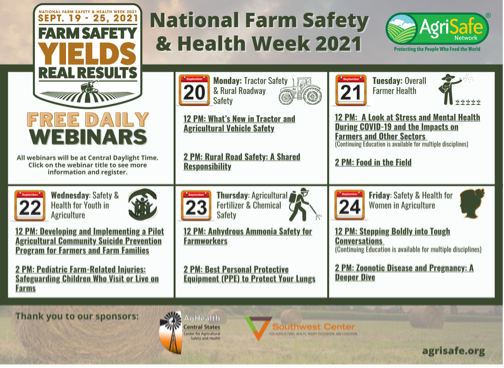
Brian McDonald, regional forester with the NJ Forest Service.
Under the Farmland Assessment Act, woodland owners can be eligible for reduced property taxes if they follow a state-approved woodland management or forest stewardship plan. In fact, New Jersey has more than 228,000 acres of private woodlands currently being managed under the Farmland Assessment Act with practices that include reforestation, timber stand improvement, fish and wildlife habitat enhancement, fire hazard reduction, invasive species control, watershed protection, and wetland restoration.
If you’d like to learn more about woodland management or forest stewardship to qualify for farmland assessment, join the Rutgers Cooperative Extension ‘Homesteading Academy’ for their upcoming webinar “Woodland Management for Private Landowners in New Jersey”. This lunchtime webinar will be held on Tuesday, January 11, 2022 from 12-1 p.m. and presented by Brian McDonald, a forester with the New Jersey Forest Service.
There is no cost to attend, but pre-registration is required to receive the Zoom link. Register today at https://go.rutgers.edu/homesteading!
If you have any questions, contact Kate Brown, Program Associate with RCE-Burlington County. Email kbrown@njaes.rutgers.edu or call 609-265-5050.




